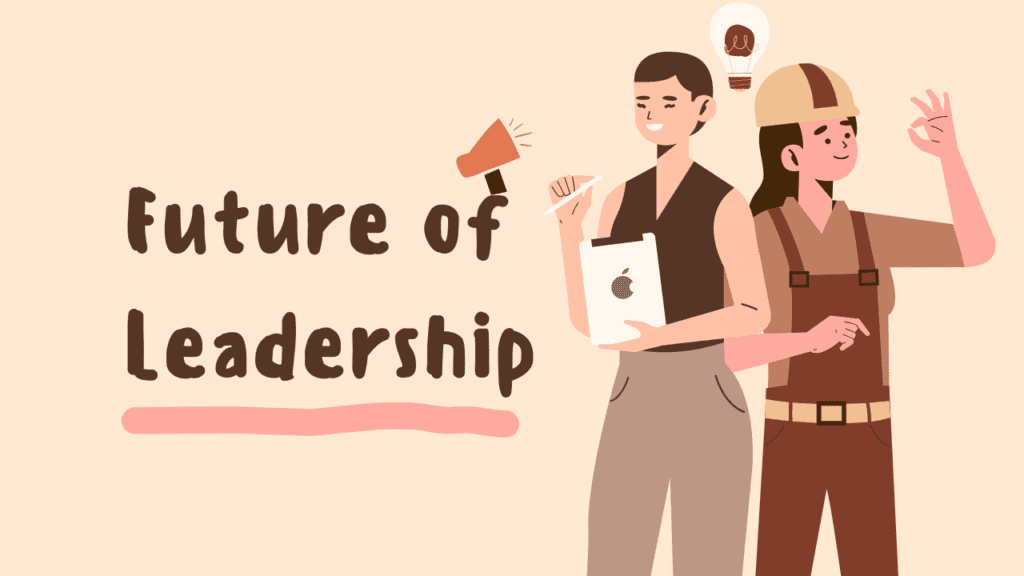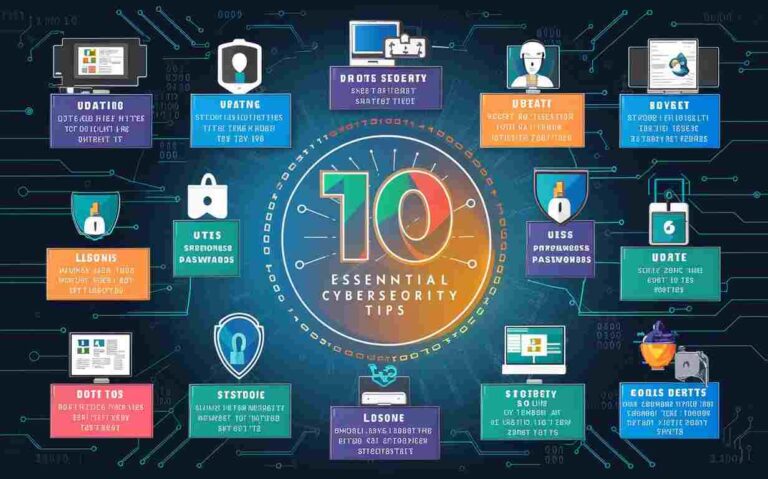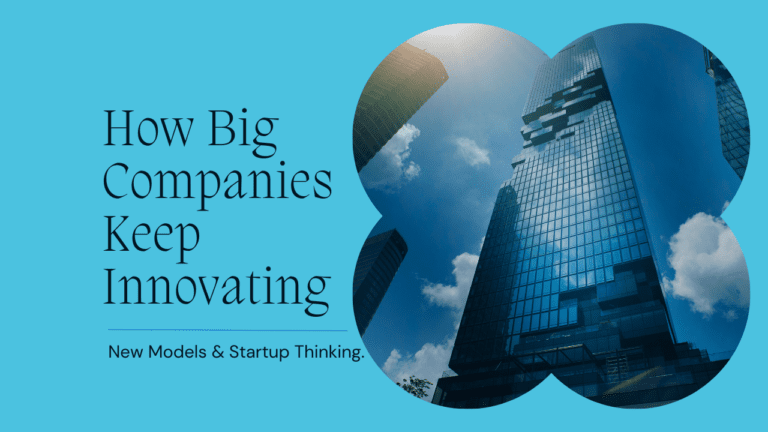Future of Leadership – Developing Next Generation Managers and Executives


The backdrop of leadership development dramatically shifts entering 2023 as geopolitical realignments, Web 3.0 emergence, and climate change priorities reshape business strategy landscapes for the decade ahead while Generation Z enters the workforce as the most educated generational cohort ever.
These dual forces signal a pressing need to re-imagine leadership competencies and early career training programs for adapting organizational management to turbulent, ambiguous business environments being inherited.
Fortunately, the positive contours of this next-gen leadership paradigm are already visible. It centers around digital fluency, cultural dexterity, change management skills, and fierce resourcefulness – underpinned by empathy above all else.
Here are three key priorities for leadership development programs seeking to upgrade organizational capability and nurture talented millennials and Gen Zs into skilled future-fit executives:
Immersive Global Mindset Exposure
While past leadership programs rotated high-potentials across local regions and functions, 21st-century leaders must grasp global contexts, emerging market nuances, and new value-creation sources. Leadership training must provide cultural immersion spanning developed and emerging locales to attune executive perspectives to unprecedented diversity.
Rotational assignments in locales like Asia, Latin America, and even Africa offer invaluable context so leaders avoid insular mindsets. Global vision expands the solution set.
Web 3.0 and the Decentralized Economy
Just as past generations built tech fluency during the PC, internet, and mobile economy booms, leadership training must school next-gen managers on blockchain, cryptocurrencies, NFTs, tokenomics, and decentralized organizational structures underpinning Web 3.0 transformation.
The metaverse, smart contracts, and even AI/ML also warrant tech grounding so leaders can orchestrate organizational innovation for the algorithmic economy rather than merely consuming technologies. Future strategic advantage rewards those bridging digital native mentorship and executive oversight.
ESG and Climate Change Priorities
With environmental and social governance concerns now both ethical and operational imperatives, leadership training needs to boost sustainability grounding and carbon-transition frameworks from day one. Rather than bolted-on electives, ESG-centered skill building around life cycle analysis, circular production methods, renewables procurement, green finance, and community impact measurement should feature prominently in future executive education.
The New Leadership Playbook
While past leadership centered on command-and-control dynamics, smooth-talking charisma, and hierarchical organizational structures – the complexity and uncertainty of the 2020s demand an evolved model prioritizing the personal growth, self-direction, and resilience of leadership teams over czar-like heroic individual leaders.
Post-pandemic leadership development will assess candidates as much on emotional intelligence and creative spark as business acumen. Training will emphasize listening, collaboration, talent coaching, and collective intelligence building. Above all, the programs must instill fierce resourcefulness allowing organizations to thrive amidst constraints and ambiguity.
Final Thoughts
In an age where leaders face volatile global systems, digital disruption, and climate risk all simultaneously, the old individual hero leader mold loses efficacy. Developing next-gen executives and molding managers into versatile, empathetic teams offers the most prudent path to secure organizational prosperity.
Leadership development entering 2023 must re-ground itself in nurturing collective potential rather than individual star power. The future will reward those who lead teams wisely.
Read More:


